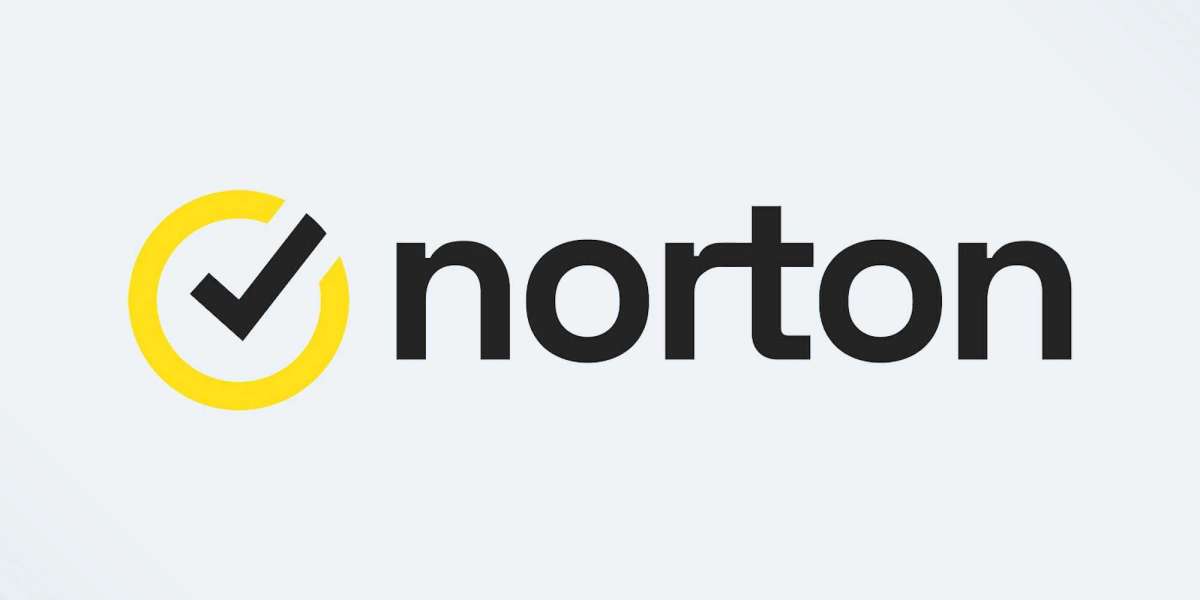If you have been with a fast growing start up, boutique – specialty set ups or small divisions of larger enterprises these problems would look familiar terrain to you.
Until recently emerging HR practices largely ignored the small and medium business (SMB) challenges. Are they more complex than large enterprise issues – Probably, No. Are they easier to address? No again.
What makes it interesting?
• Time is of more essence in the SMB world – it means direct impact on revenue and often times survival
• There are several multi tasking individuals and teams – impact of a problem is typically multi dimensional
• Presuming that there is growth, almost everybody is busy with daily deliverance – there is typically no one focusing on beyond mid term HR management planning
• Good SMB HR will be tightly embedded small members – who could be vital links of the deliverance chain.
• Budgets are of course limited.
• Dirt swept under the carpet is most likely to show up – often there are no carpets (hiding places)
• Pace of change is fast – customer collaboration is lot more transparent (you cannot hide HR dirt)
• Relative old timers will see that the wave that they worked up could very well wash them out
• Looking at recruiting – SMBs face a larger risk – problem proposition:
Recruitment brand building is not an option to source talent – brand building has to be a long term block by block effort
• Bad decisions could change the course of teams – given that fluff cannot be hidden between budget lines
• Given smallness of teams, SMB management recruiters are very cognizant of cherry picking
• And, cherry picking means time – at every level of recruitment
• A new team members is under pressure to deliver true results (couple of swanky presentations would not get the job done)
Critical elements are
• Commitment to mid term and long-term strategy: Assigning the right HR culture and priority across the organization. There is no point putting together best practices within a company whose business platform is unstable.
• Culture: Practice not because Lou Adler spoke about it, or HR.com had something written up there, ensure that it fits the company culture and the end target. Some best practices are highly effective but depend on a specific culture. Most practices need careful customization when they are copied from another organization.
• Focus: Driven by results, with ability to add incremental value. A measurable business profit, a sustainable model that will last
Communication: Consensus and commitment from across the organization. Understanding and commitment do not come when practices are imposed – top down. Percolation bottom up is a great way to implement changes
• Partnership and customer: Putting external customers first and deriving from new opportunities is very effective
Integrate Framework: All practices should work within an integrated framework. People process implementation work together to promote maximum results.
• Risk: Maintain a balanced degree of risk, SMB risk appetite could be higher, openness to change is greater, leverage the dynamism to produce best human capital results
• Continuous consistent improvement: An effective unbiased (to the best extent possible) feedback loop, improvement and clear steps forward by the day, by the week and not just in annual strategy meetings
Does anyone have interesting facets to share, specifically in transitioning recruitment approach – small to medium transition days?








